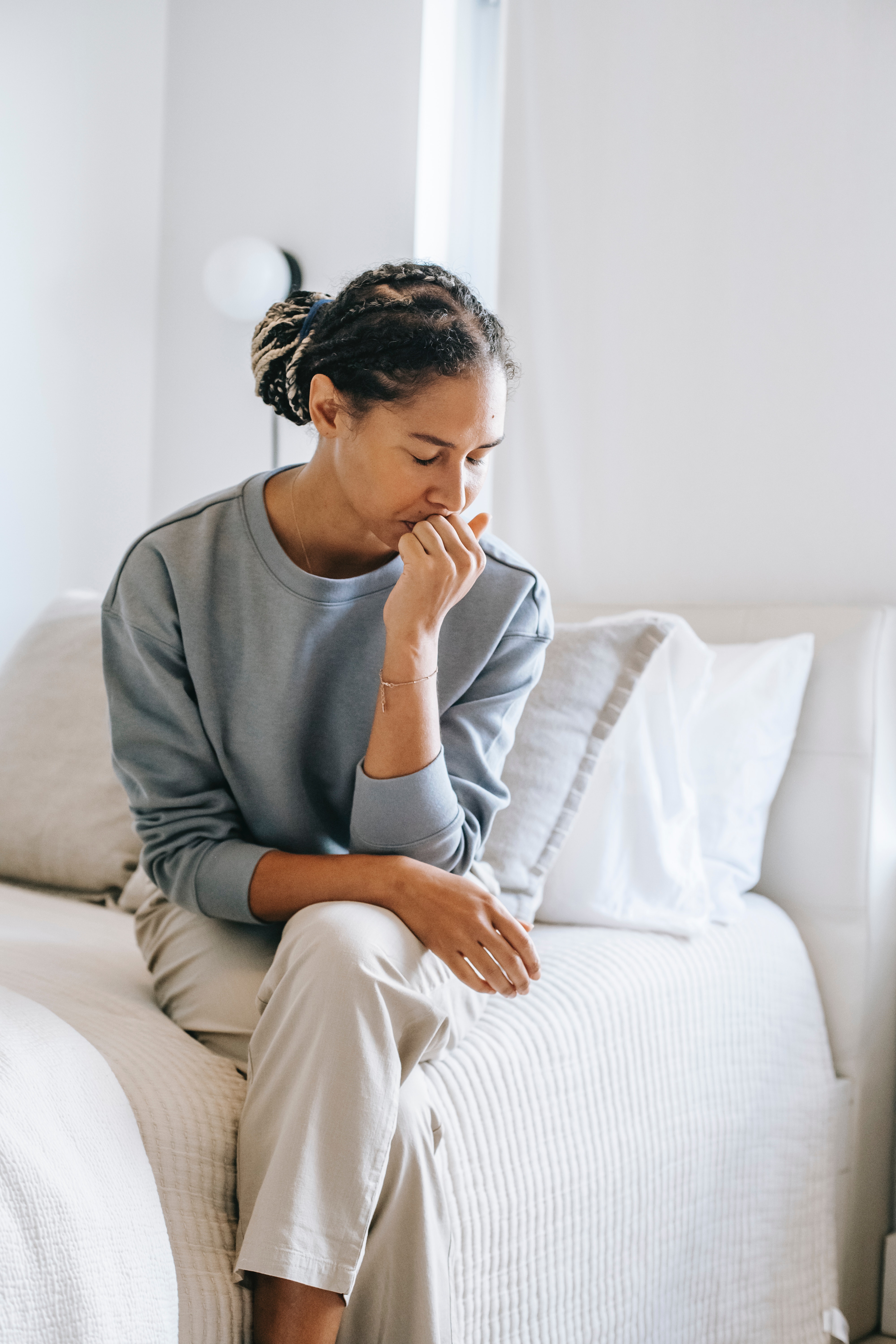How to Express Romantic Love: Effective and Heartfelt Gestures
All the world celebrates romantic love, and people from all walks of life look for ordinary moments and extraordinary ones to express love to their...

Some people like the cold weather of winter and spring, but others hate the frequent rain and lack of sunlight. If you experience the winter blues but recover quickly in the spring, you might categorize your overwhelming cheerlessness as SAD, or Seasonal Affective Disorder.
A change in the number of hours of daylight can affect your mood, appetite, and general health. This is most common in the winter and fall. However, managing SAD is entirely possible and may even prove mentally refreshing.
You may be more familiar with things like clinical depression or major depressive disorder, which the American Psychiatric Association defines as persistent negative thoughts, actions, and feelings. SAD, however, follows a pattern, emerging mostly in the fall and winter.
According to the National Institutes of Health, sleep patterns can have hormonal effects on the mood and body. On shorter days with less sunlight, the body produces more melatonin, which can trigger fatigue. In the same way, having less serotonin can affect your mood and appetite, making you feel empty or lonely.
If you’re new to the effects of SAD, it can be challenging to distinguish your feelings from those of clinical depression symptoms. As the name suggests, SAD is marked by feelings of sadness, hopelessness, low energy, anger, and trouble sleeping.
Sometimes, you’ll lose interest in your favorite hobbies—perhaps you’ll avoid picking up your once-trusty paintbrush or kick your running shoes to the side. Other times, you might fall victim to the wrath of weight gain by taking too frequent trips to the pantry in the middle of the night.
While overwhelming and defeating, SAD is nowhere near impossible to treat. Your healthcare provider might suggest light therapy, psychotherapy, cognitive behavioral therapy, or meditation. By making the appropriate lifestyle changes and developing productive habits, you can easily overcome the seasonal blues.
Though seemingly difficult to overcome, SAD is very treatable with the right therapist. By openly communicating with your loved ones and mental healthcare provider, you can take the appropriate steps to address your debilitating feelings.
Williamsburg Therapy Group is here to help you no matter where you are emotionally, and we want to match you with a professional who cares and can assist you. If you’re looking for depression therapy in Austin, Texas, get in touch with us today to see how we can help.
MEET THE AUTHOR
Licensed Psychologist

All the world celebrates romantic love, and people from all walks of life look for ordinary moments and extraordinary ones to express love to their...

What is relationship burnout or relationship fatigue? Many of us have heard of burnout, but we often connect it to professional life and the problems...

In today's digital age, so many of us are locked into our mobile devices each and every day, which can have a negative impact on our mental...